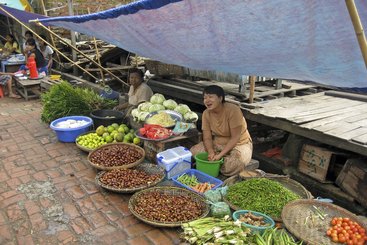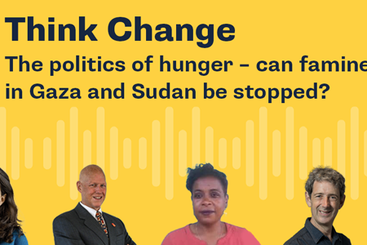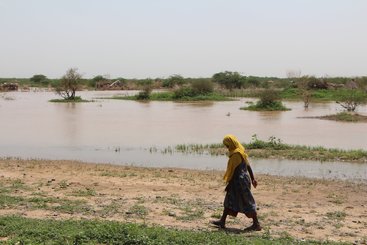Improved seed has the potential to boost crop yields and improve livelihoods for millions of small farmers in Malawi. Yet many small farmers are not using it. The reasons are numerous, but one of the most important is the prevalence of fake seed in the marketplace. Improved seed is more expensive to produce and sells for a much higher price than normal seed and grain, providing an incentive for unscrupulous traders to cheat farmers, using various tricks such as filling improved seed packets with normal grain or stocking shops with authentic seed, while delivering fake seed from warehouses. Such practices weaken confidence in the improved seed market, holding back agricultural development and poverty reduction.
FCDO’s Traction, a politically smart, issue-based, adaptive development programme, set out to solve this problem using scratch cards – a technical solution that helped farmers verify the authenticity of the seed they were purchasing. After approximately two years of working on the programme, scratch cards on seed packaging have become mandatory for the pivotal crops of maize and legumes.
This briefing, based on programme documentation and nine interviews with Traction staff and stakeholders, tells the story of how this breakthrough was achieved, focusing on the novel methodology Traction employed, some of the programme’s twists and turns, and what the experience tells us about issue-based programming in places like Malawi.




